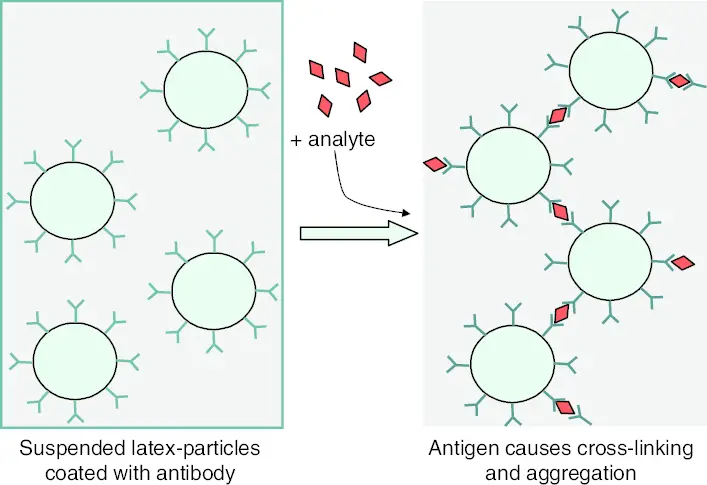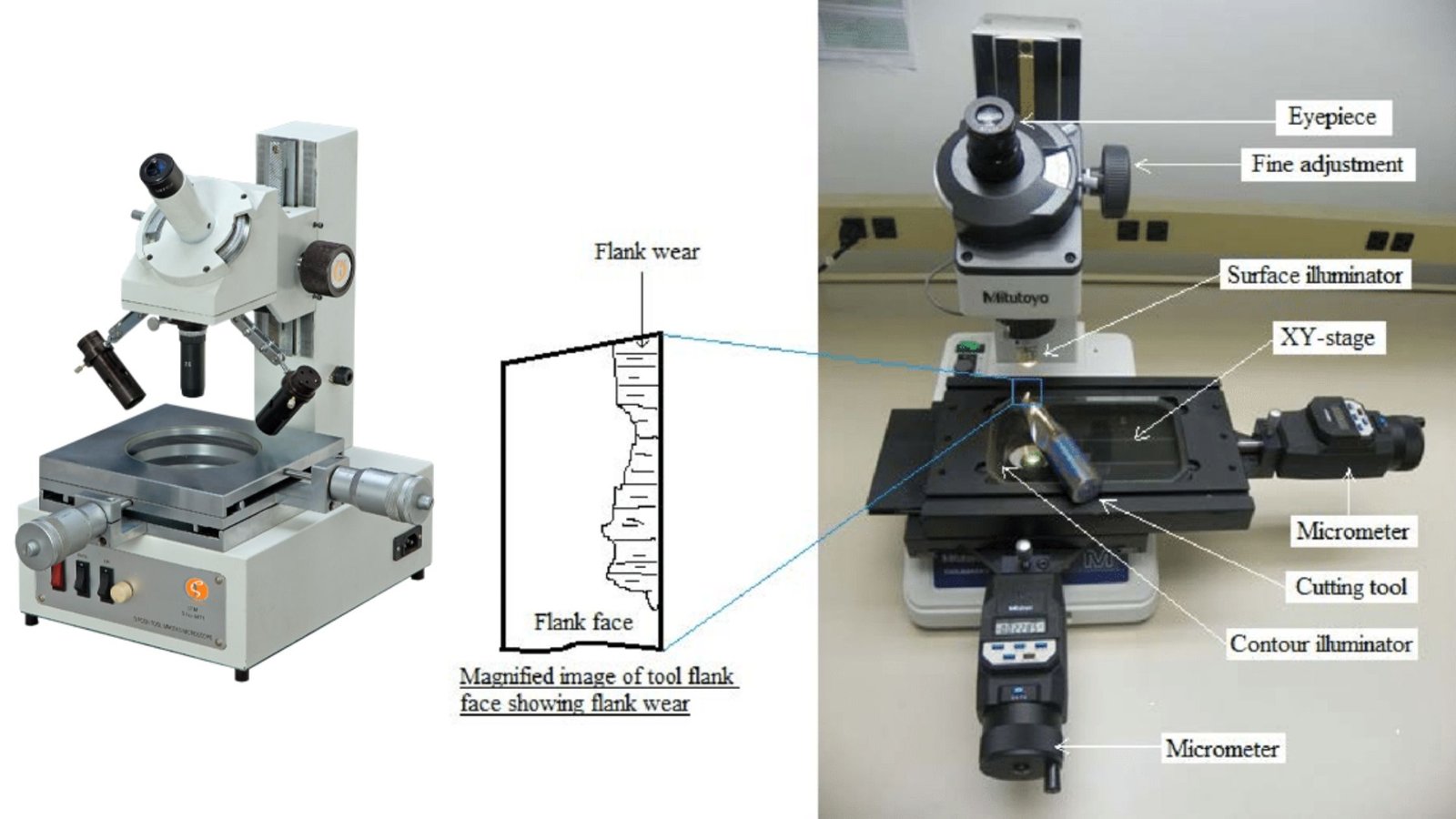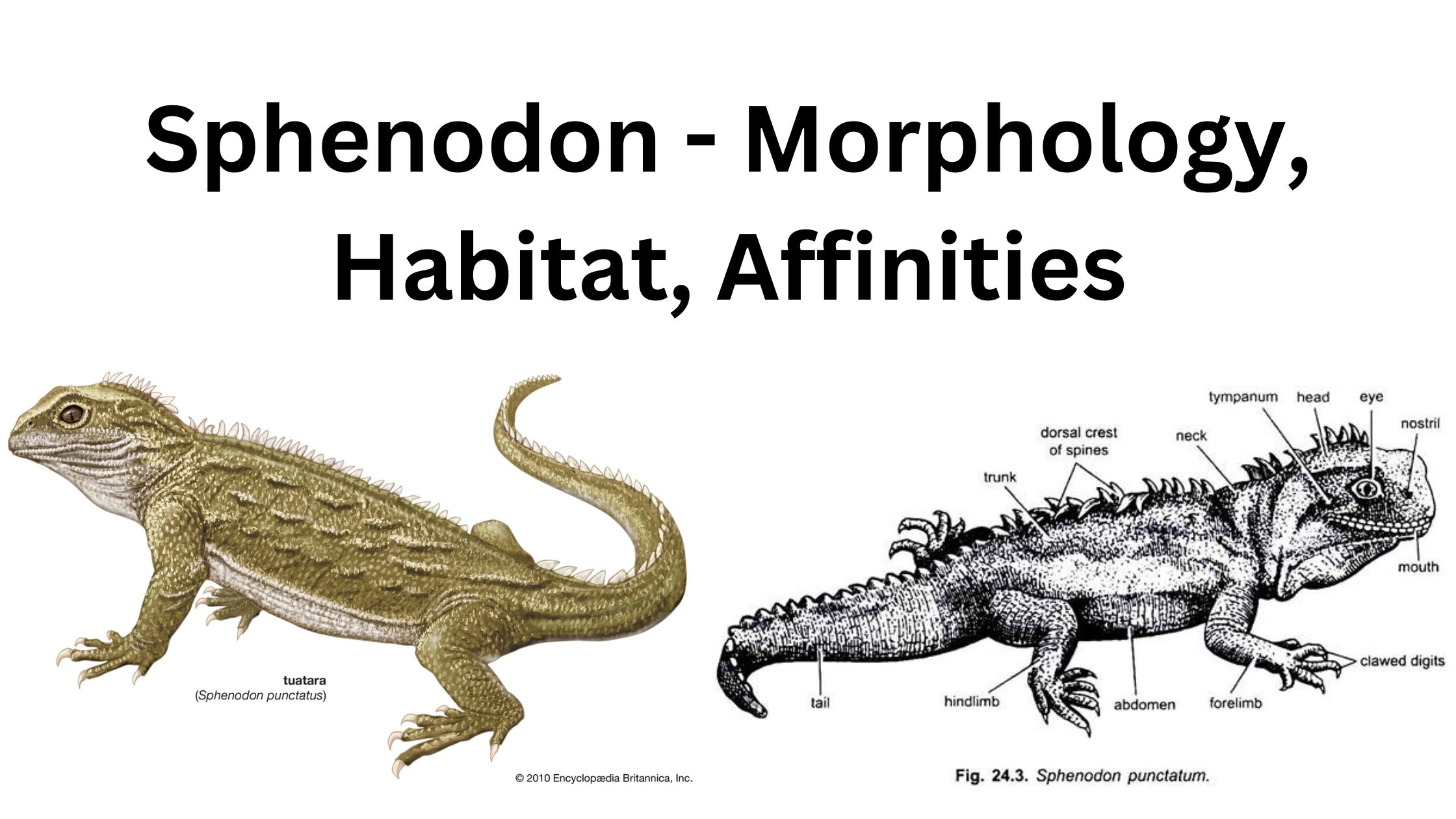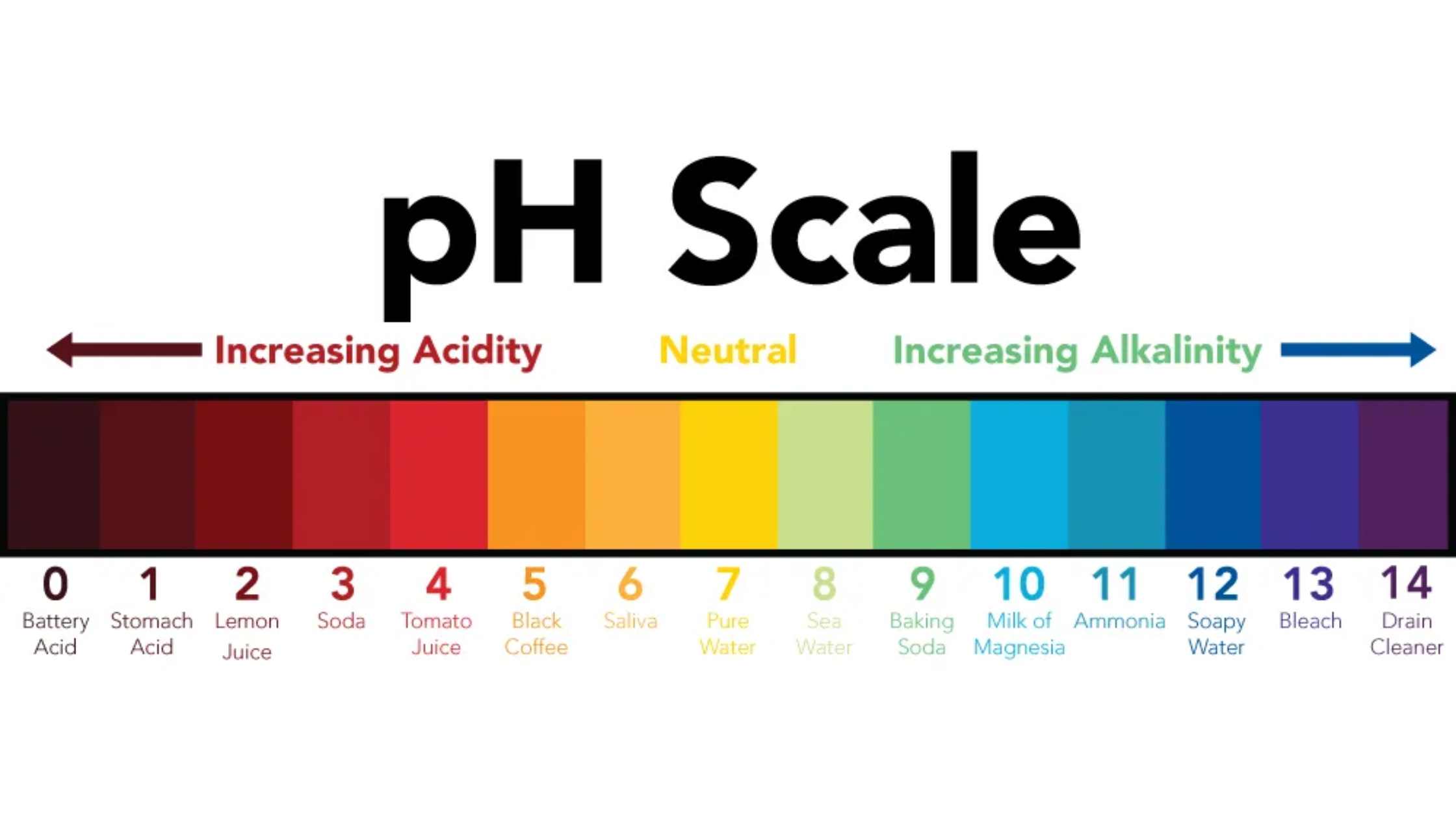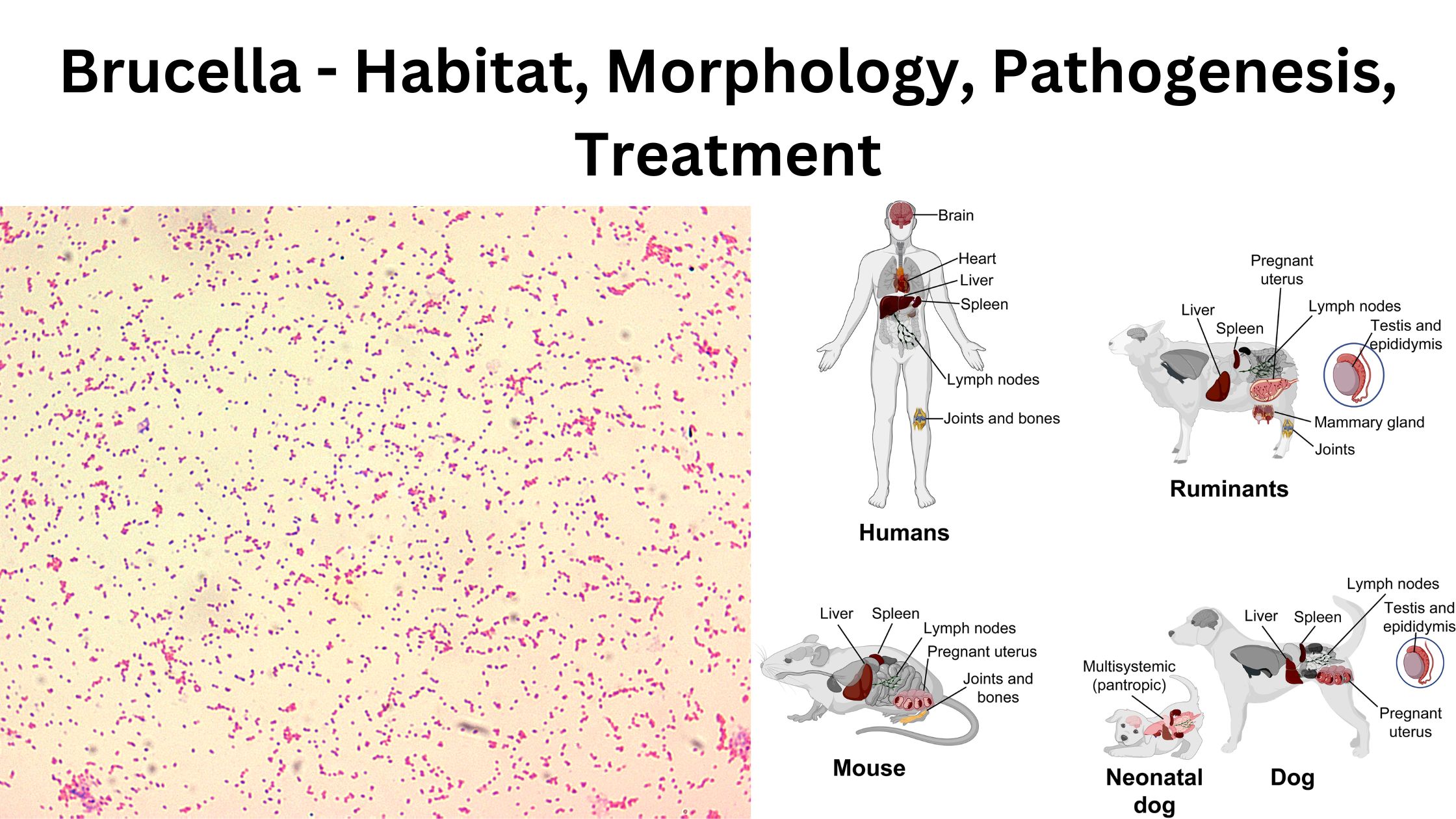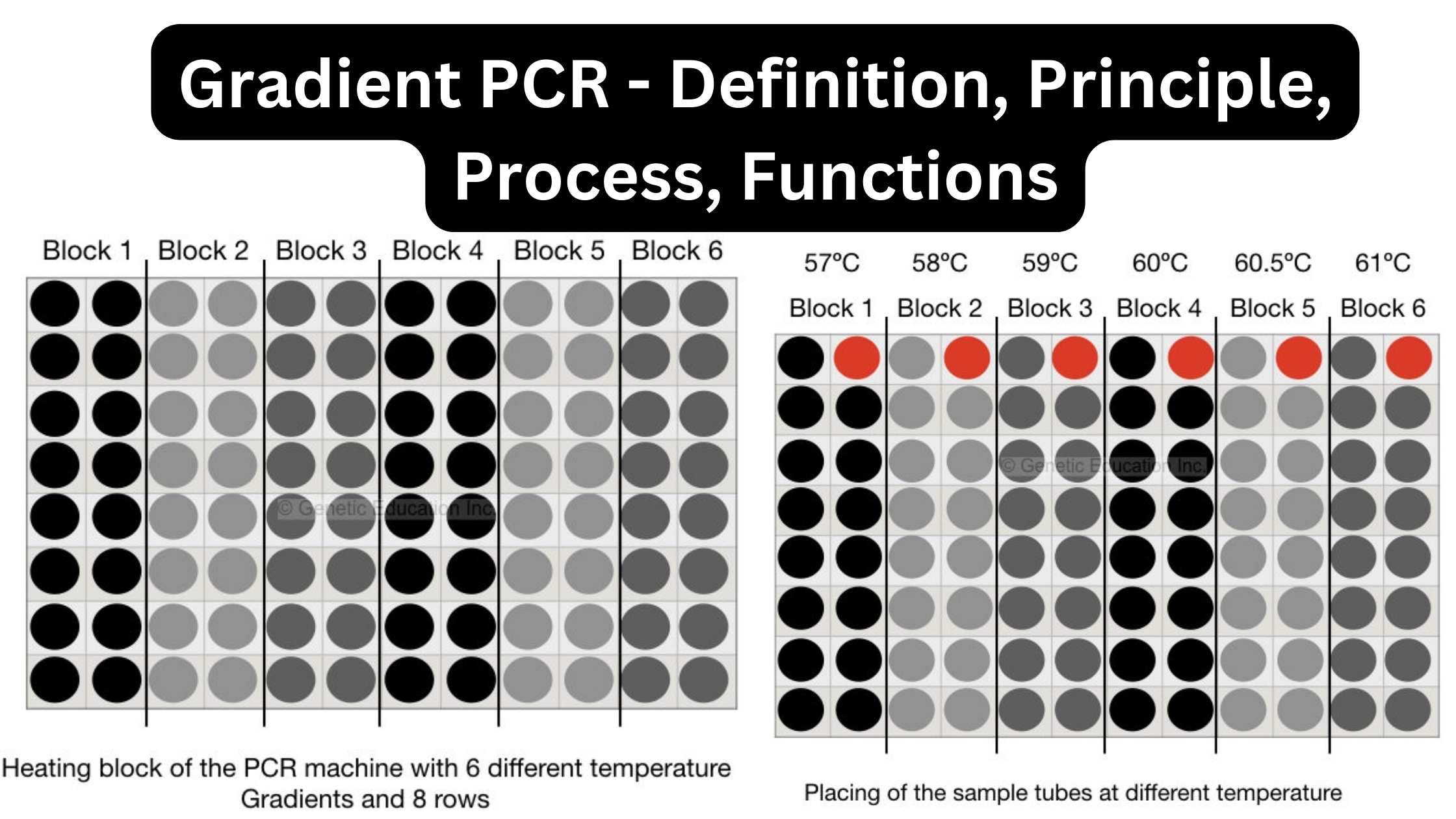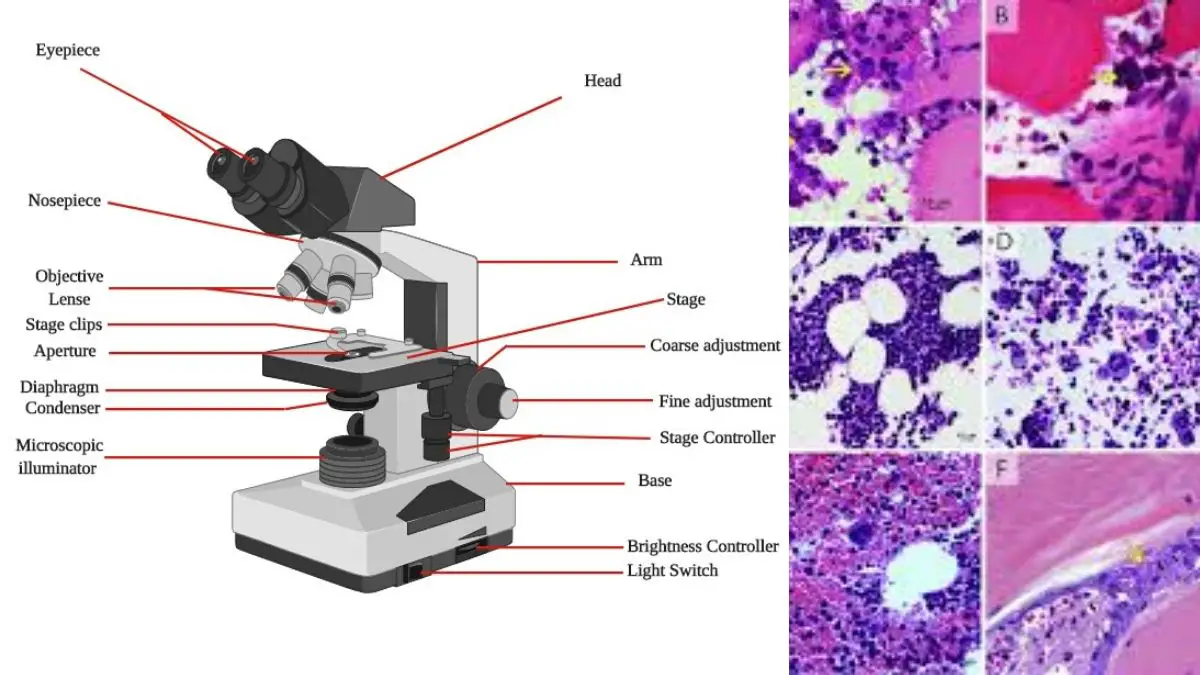Microtome – Principle, Parts, Types, and Uses
What is Microtome? A microtome is a laboratory device that is used for cutting very thin sections of different materials for microscopic examination. It is the instrument by which uniform slices are produced, and it is the process that helps the light or the electron to pass through the specimen so that the internal structures … Read more

